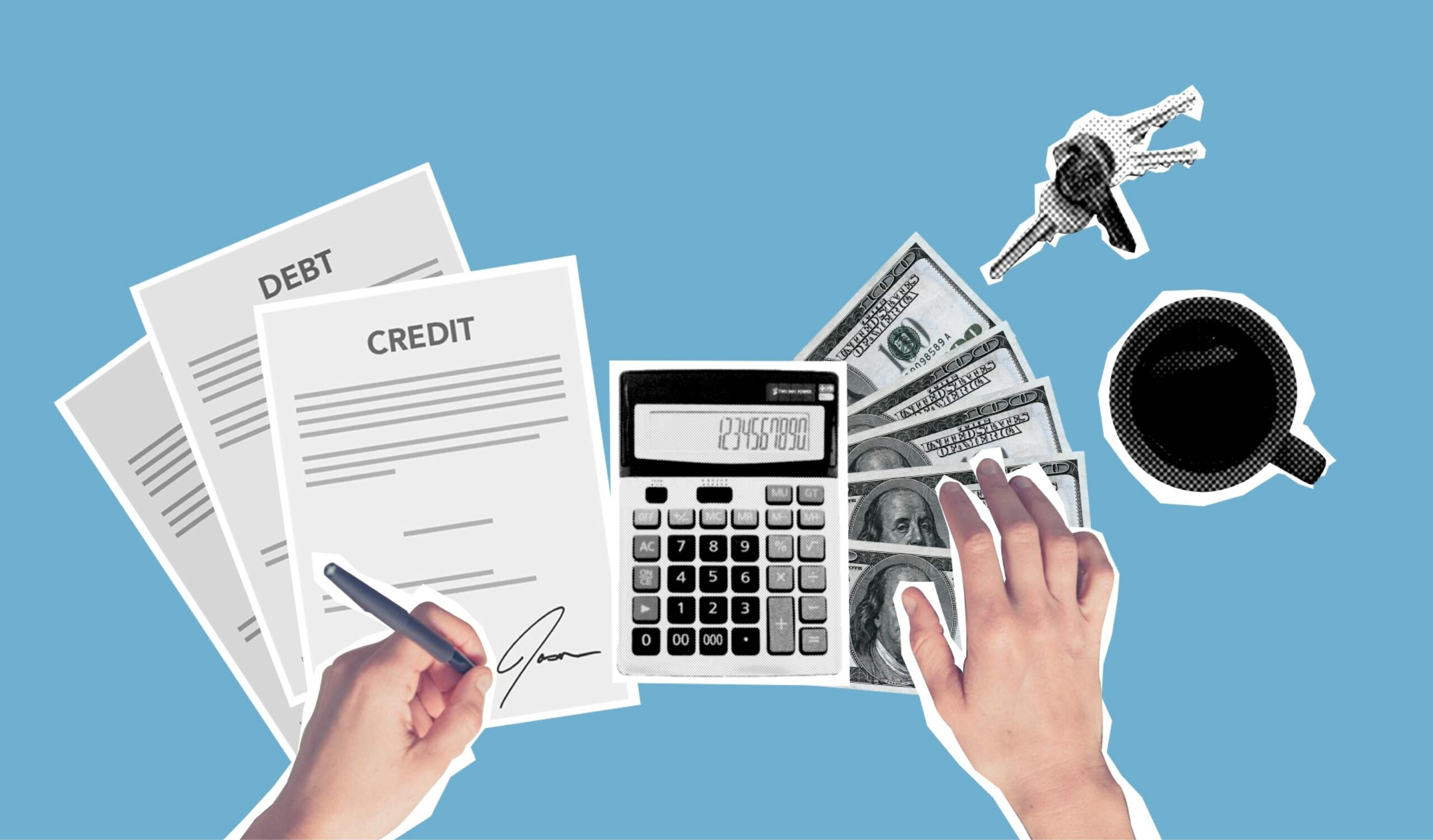Unsecured Business Loan: Definition and Process
An unsecured business loan is a type of business loan that does not require collateral. This means that the borrower is not required to put up any assets as security for the loan. Instead, the lender relies on the borrower’s creditworthiness and ability to repay the loan.
Unsecured business loans are typically used for short-term financing needs, such as purchasing inventory, hiring new employees, or expanding the business. They are also popular among small business owners who may not have the assets to secure a traditional bank loan. However, unsecured loans often come with higher interest rates and stricter repayment terms than secured loans.
Definition of Unsecured Business Loans
An unsecured business loan is a type of loan that does not require collateral to secure the loan. Collateral is an asset that is pledged as security for the loan. In the case of unsecured business loans, the lender relies on the borrower’s creditworthiness and financial history to determine whether or not to grant the loan.
Unsecured business loans are typically used for short-term financing needs, such as working capital, inventory purchases, or equipment upgrades. They are also used for long-term financing needs, such as expansion or acquisition of another business.
One of the advantages of unsecured business loans is that they do not require the borrower to put up collateral. This can be beneficial for businesses that do not have assets to pledge as collateral or for businesses that do not want to risk losing their assets if they default on the loan.
However, unsecured business loans typically have higher interest rates than secured loans because they are considered to be higher risk for the lender. Lenders may also require a personal guarantee from the borrower, which means that the borrower is personally responsible for repaying the loan if the business is unable to do so.
How Unsecured Business Loans Work
Unsecured business loans are a type of financing that does not require collateral, meaning that the borrower does not have to put up any assets as security for the loan. Instead, lenders rely on the borrower’s creditworthiness and ability to repay the loan. Here’s how unsecured business loans work:
Loan Application Process
The first step in obtaining an unsecured business loan is to fill out a loan application. This application typically requires information about the borrower’s business, including financial statements, tax returns, and bank statements. The lender will also require information about the borrower’s personal finances, such as credit score and debt-to-income ratio.
Creditworthiness Assessment
After the loan application is submitted, the lender will assess the borrower’s creditworthiness. This process involves reviewing the borrower’s credit history, income, and other financial information to determine the likelihood of repayment. If the borrower has a strong credit history and a steady source of income, they are more likely to be approved for an unsecured business loan.
Loan Agreement and Disbursement
If the borrower is approved for an unsecured business loan, the lender will provide a loan agreement that outlines the terms of the loan, including the interest rate and repayment schedule. Once the borrower signs the loan agreement, the lender will disburse the funds to the borrower’s bank account.
Repayment Terms
Unsecured business loans typically have shorter repayment terms compared to secured business loans. The borrower is required to make regular payments, usually on a monthly basis, until the loan is fully repaid. If the borrower misses a payment or defaults on the loan, the lender may take legal action to recover the funds.
Overall, unsecured business loans can be a good option for businesses that do not have collateral to put up for a loan. However, borrowers should be aware that unsecured loans often come with higher interest rates and stricter repayment terms compared to secured loans.
Benefits of Unsecured Business Loans
Unsecured business loans offer several benefits to small business owners. Here are some of the most significant benefits:
No Collateral Required
One of the most significant benefits of unsecured business loans is that they do not require collateral. This means that small business owners do not have to put up any assets, such as property or equipment, as security for the loan. This can be particularly beneficial for businesses that do not have any assets to offer as collateral.
Quick Approval Process
Another benefit of unsecured business loans is that they often have a quick approval process. This is because the lender does not need to spend time evaluating collateral. Instead, they can focus on evaluating the creditworthiness of the business owner and the business itself. This can be particularly beneficial for businesses that need funding quickly.
Flexibility in Usage
Unsecured business loans also offer flexibility in usage. Business owners can use the funds for a variety of purposes, such as purchasing inventory, hiring employees, or expanding their business. This can be particularly beneficial for businesses that have multiple funding needs.
Overall, unsecured business loans can be an excellent option for small business owners who need funding quickly and do not have assets to offer as collateral. However, it is important to carefully evaluate the terms and conditions of the loan before accepting it to ensure that it is the right fit for your business.
Risks and Considerations
Higher Interest Rates
One of the biggest risks associated with unsecured business loans is the higher interest rates. Since there is no collateral to back up the loan, lenders charge higher rates to offset the risk. As a result, businesses may end up paying more in interest over the life of the loan than they would with a secured loan.
Credit Score Impact
Another important consideration is the impact an unsecured business loan can have on a company’s credit score. Late payments or defaulting on the loan can seriously damage a business’s credit score, making it harder to secure funding in the future. It is important for businesses to carefully consider their ability to repay the loan before taking on this type of financing.
Legal and Financial Consequences
Defaulting on an unsecured business loan can have serious legal and financial consequences. Lenders may take legal action to recover their funds, and the business could be forced to declare bankruptcy. It is important for businesses to fully understand the terms and conditions of the loan before signing on the dotted line.
In summary, unsecured business loans can provide a valuable source of funding for businesses that do not have collateral to offer. However, businesses should carefully consider the risks and potential consequences before taking on this type of financing.
Secured Loans
Secured loans are loans that require collateral, which is an asset that the lender can take possession of if the borrower defaults on the loan. Because the lender has the security of the collateral, they are often willing to offer lower interest rates and higher loan amounts than with unsecured loans.
However, securing a loan with collateral also comes with risks. If the borrower defaults on the loan, they could lose their collateral, which can be a significant blow to their business. Additionally, the process of obtaining a secured loan can be more time-consuming, as the lender will need to assess the value of the collateral and ensure that it is sufficient to cover the loan amount.
Unsecured Loans
Conversely, unsecured loans don’t need collateral. Unsecured loans frequently have higher interest rates and smaller loan amounts than secured loans because they pose a greater risk to the lender.
However, unsecured loans can be beneficial for businesses that don’t have collateral to offer or don’t want to risk losing their assets. They can also be a faster and easier option for businesses that need quick access to cash.
Overall, whether a secured or unsecured loan is the right choice for a business depends on a variety of factors, including the amount of money needed, the business’s creditworthiness, and the risks associated with securing the loan with collateral.
Ideal Candidates for Unsecured Business Loans
Unsecured business loans are an excellent option for small business owners who require capital but do not have any collateral to secure the loan. Here are some ideal candidates for unsecured business loans:
Startups
Startups are often in need of funding to jumpstart their business, but they may not have any collateral to secure a loan. Unsecured business loans can provide the necessary capital for startups without requiring any collateral.
Established Businesses
Established businesses that need additional capital for expansion or other purposes may also benefit from unsecured business loans. These loans can provide the necessary funds without risking any collateral.




